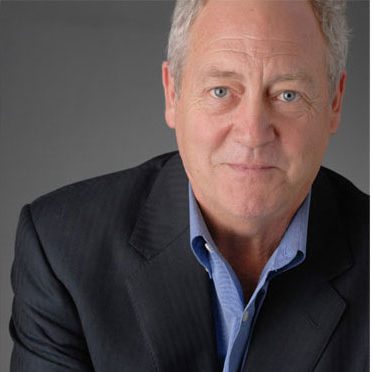Greenpeace Co-Founder Welcomes Nuclear Debate
Published: June 8, 2006
Greenpeace Co-Founder Welcomes Nuclear Debate
Reporter: David Weber
[This is the print version of story http://www.abc.net.au/am/content/2006/s1658211.htm]
TONY EASTLEY: One of the co-founders of Greenpeace has welcomed Australia’s nuclear industry inquiry.
Patrick Moore is one of the world’s highest-profile converts to nuclear energy, which he believes is the cleanest and safest replacement for fossil fuels.
The former Greenpeace International director, now a business consultant, says Australia should be making better use of its uranium by putting it through the enrichment process here.
Patrick Moore is the keynote speaker at the Australian Mining and Exploration Conference in Perth today.
Dr Moore spoke to David Weber.
PATRICK MOORE: It does not produce air pollution, it does not produce greenhouse gases like the fossil fuels coal and natural gas do, and it’s a no-brainer, in a sense, in terms of addressing climate change, air pollution and energy requirements for the future.
So it certainly is about time that we had an intelligent conversation about this subject, and got away from the scare tactics, and talked science, and economics and environment.
DAVID WEBER: Should Australia be using nuclear power?
PATRICK MOORE: Well, whether Australia should be using nuclear power or not is perhaps a little premature. But certainly, how much sense does it make for a country that has 40 per cent of the world’s uranium reserves to not be adding some value to that resource.
DAVID WEBER: There’s a lot of people in Australia that have raised their voices during the debate over the past week, saying they don’t want it in their backyard, they don’t want to live near a nuclear reactor.
PATRICK MOORE: Well, that’s kind of weird, because actually if you go to the United States, where there are 103 nuclear reactors and Americans are just as risk-averse as Australians or any other Western civilisation, and the closer you get to a reactor in the US the more people support it.
Within 10 miles of US nuclear reactors, 80 per cent of the people, not including the workers, support the reactor, because they have seen it operating for 10, 20, 30 years without any incident and they know it’s bringing wealth into their communities.
There’s a saying in the United States that the closer you get to a nuclear reactor, the better the schools and roads are. That’s because those reactors are actually contributing wealth to the community, a lot of wealth. And the same thing could happen here in Australia.
DAVID WEBER: You’re confident you can say to people: “Live near a nuclear power plant and you are unlikely to be harmed.”
PATRICK MOORE: Yes. Accidents do happen in newly emerging technologies, and nuclear is no exception, but it is one of the safer newly emerging technologies that we have in the world.
The fact is over 5,000 people die every year in coal mines around this world. If you look at automobiles, 1.2 million people die in automobile accidents every year. Who’s banning the automobile?
I mean, if you really wanted to ban a technology that was causing death and destruction and injury, it would be the car.
TONY EASTLEY: Greenpeace co-founder, now business consultant, Patrick Moore, speaking there with David Weber in Perth.


